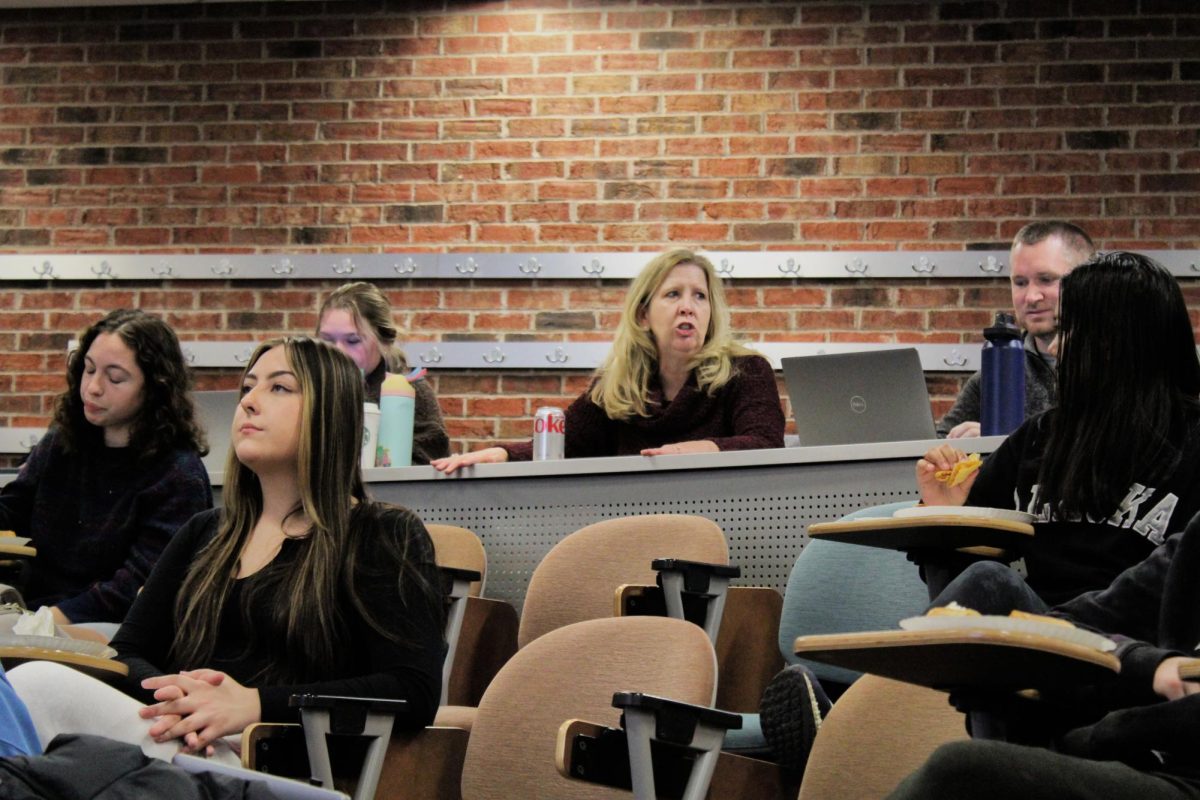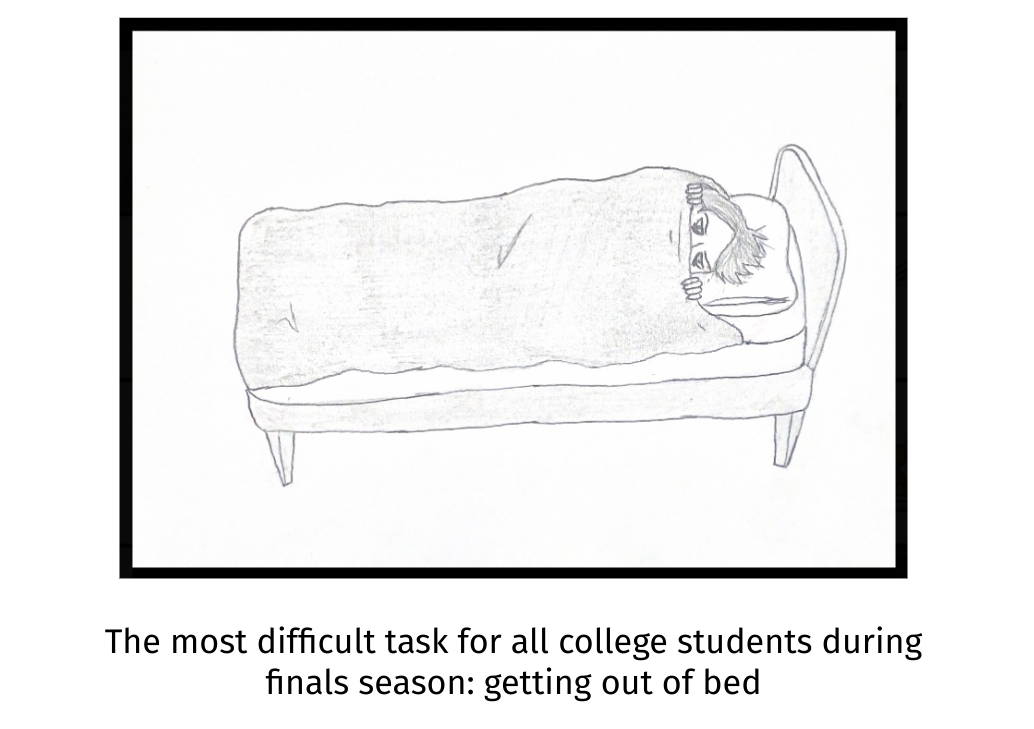Disabilities in the Classroom
Disability accommodations have been utilized in college classrooms. Students have access to many more resources that they previously did not have, creating a better and more effective learning environment.
Disability accommodations like 504 plans are designed to help students with disabilities succeed in class, The Rehabilitation Act of 1973 prohibits discrimination on the basis of disability. Hamline aims to provide an accessible and hospitable learning environment. To obtain an accommodation, students must submit documentation from a licensed professional and then meet with the Director of Disability Resources, Steve Anderson. Accommodation plans are developed with and for each student and can change as students’ needs change.
“Disability accommodations can help create a better learning environment because they seek to address implicit and explicit barriers to access within an institution’s offerings,” senior and previous Hamline Undergraduate Student Congress Disability Representative June Gromis said.
Gromis argues that more time and resources devoted to the implementation of disability accommodations, “would make it easier on educators to follow those accommodations to the best of their ability and to the highest benefit of the student.”
This process does not always work smoothly and sometimes students have experienced difficulties from faculty when it comes to their accommodations. Junior Jones is a student with disability accommodations and has had differing interactions with faculty regarding them.
“People are not cookie cutter, they’re not universal,” Jones said.
They emphasized the importance of professors doing their own research to learn about disabilities and ask questions. Jones encouraged faculty to take time to talk to Anderson:: “He’s not just there for students, he’s there to answer questions.”
Jones emphasized that it is not the student’s job to educate their professor on their disability, and professors should not interrogate students about why they need accommodations. The Office of Disability Resources’ website said faculty have a responsibility to use the best practices to reach the widest range of students, and to work with Disability Resources as well as the student, to ensure that they are accommodated.
The most common argument against following disability accommodations is that it does not adequately prepare students for the real world and that students should complete their education the same way as anyone else. Hamline’s disability code of conduct promises that students with a disability have an equal right to an education.
“With a greater amount of resources supporting this work, it would then also be possible to reevaluate the existing policies in light of a more expansive and liberatory understanding of disability,” Gromis said. An understanding that will allow disabled students to have the best resources they can for their education.
“If students have issues with anything with their accommodation they should come to me and I will address it with the faculty,” Anderson said.
He encourages any faculty member who receives an accommodation letter and has questions or concerns to contact him. If any student feels their accommodation is not being honored or whose disability is making it difficult to succeed in classes, do not hesitate to reach out to the Disability Resources Center for more information through their email,disabilityresources@hamline.edu or visit them in their office at West Hall












